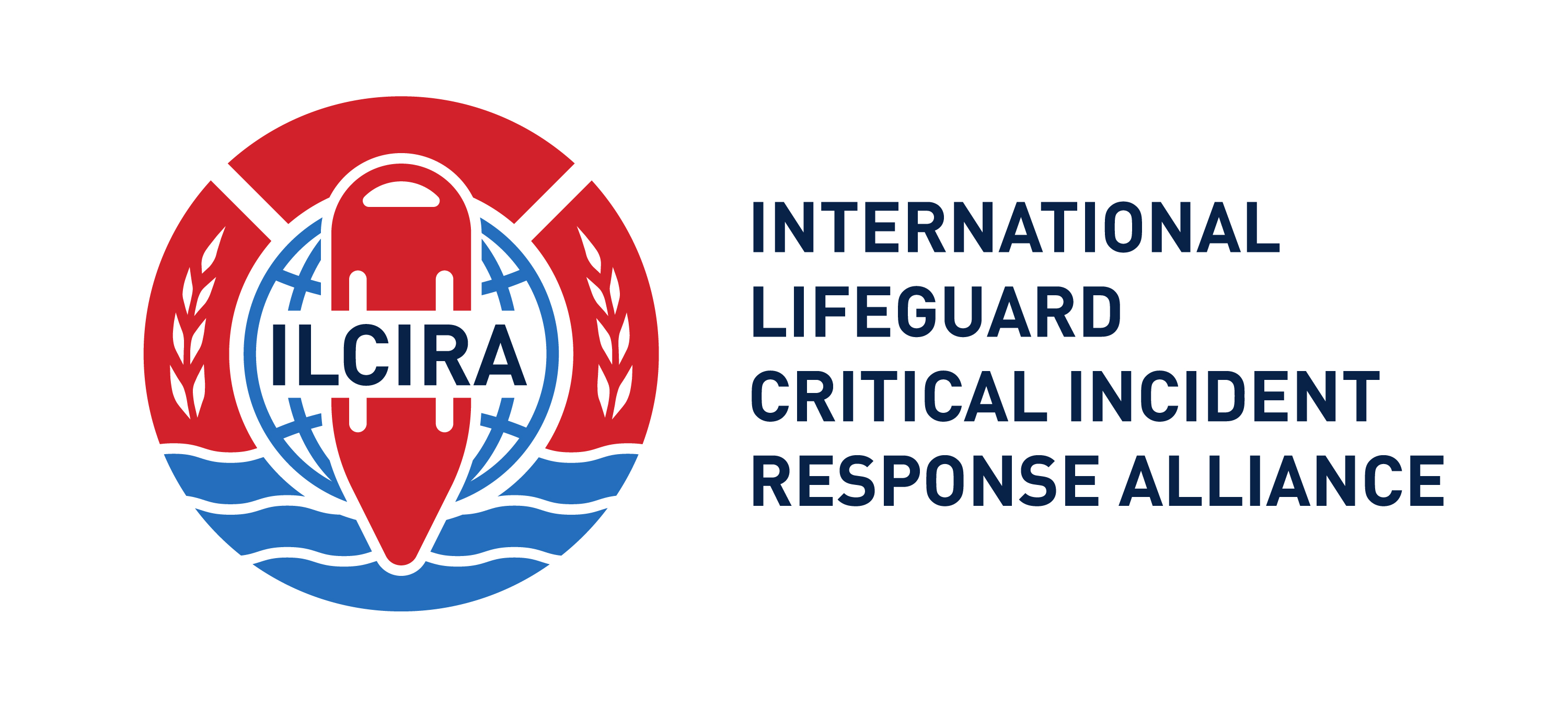While the aquatics industry has long considered lifeguards to be a form of emergency medical technicians, the profession does not have the same institutionalized support to help recover from the trauma of exposure to drownings on the job.
With the lifeguard population skewing so young, this group has special needs and stands to suffer especially harsh impacts from these incidents. Considering that even seasoned emergency personnel count child drowning incidents among the most emotionally difficult, it would seem this issue requires more attention.
A new organization seeks to fill that gap. Started by a five-person board of directors, the International Lifeguard Critical Incident Response Alliance plans to train and provide support to lifeguards in that situation, as well as provide information to the industry at large.
Where emergency personnel such as police and firefighters have access to specialists trained to help process workplace trauma, lifeguards often are sent to generalists through employee assistance programs or similar channels. But these professionals may not be trained to deal with this kind of situation and can give inappropriate advice, says ILCIRA Executive Director Tyler Anderson.
“I’ve had aquatics directors say ‘I don’t know what to do,’ ” said Anderson, who works as an aquatics director and has experience in critical incident response and emergency management for airline companies. “I’ve had aquatics managers say they were knocking on doors of clergy [for help] … It’s known that we need these services and all facilities should have a plan, but there’s not a real clear way to address it.”
The aquatics industry also has plenty room for improvement in preparing lifeguards before being exposed to an incident. In training his staff, Anderson shows his guards equipment such as tracheal tubes, as well as video of what a LUCAS chest compression machine looks and sounds like. This can help prepare them for the more disturbing things they may witness. “I think we need to look at this not only from the perspective of response — we have to build resiliency into our teams,” he says.
Eventually, the ILCIRA plans to train peers in critical incident stress management interventions and assemble an Aquatics Critical Incident Response Team of trained volunteers from the aquatics industry and, where appropriate, licensed mental health providers.
It will launch in phases. For this year, Anderson and other officials plan to present at conferences and events to educate professionals about the ILCIRA, critical incident management, as well as to seek potential trainees. Next year, the group plans to launch a pilot program in the Northeast U.S. and Alberta, Canada. Guided by data from these initial programs, the organization will model its work in other regions.


